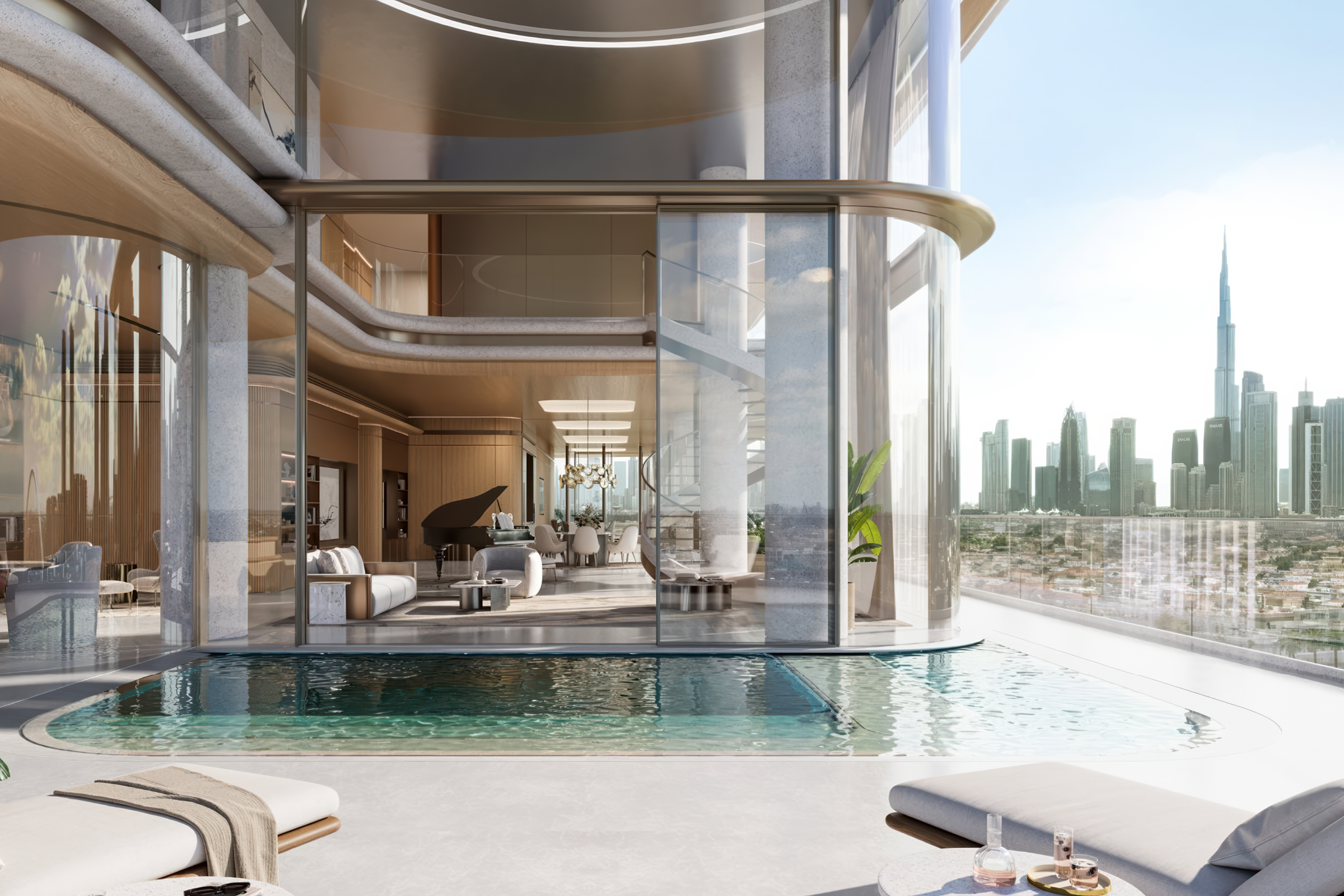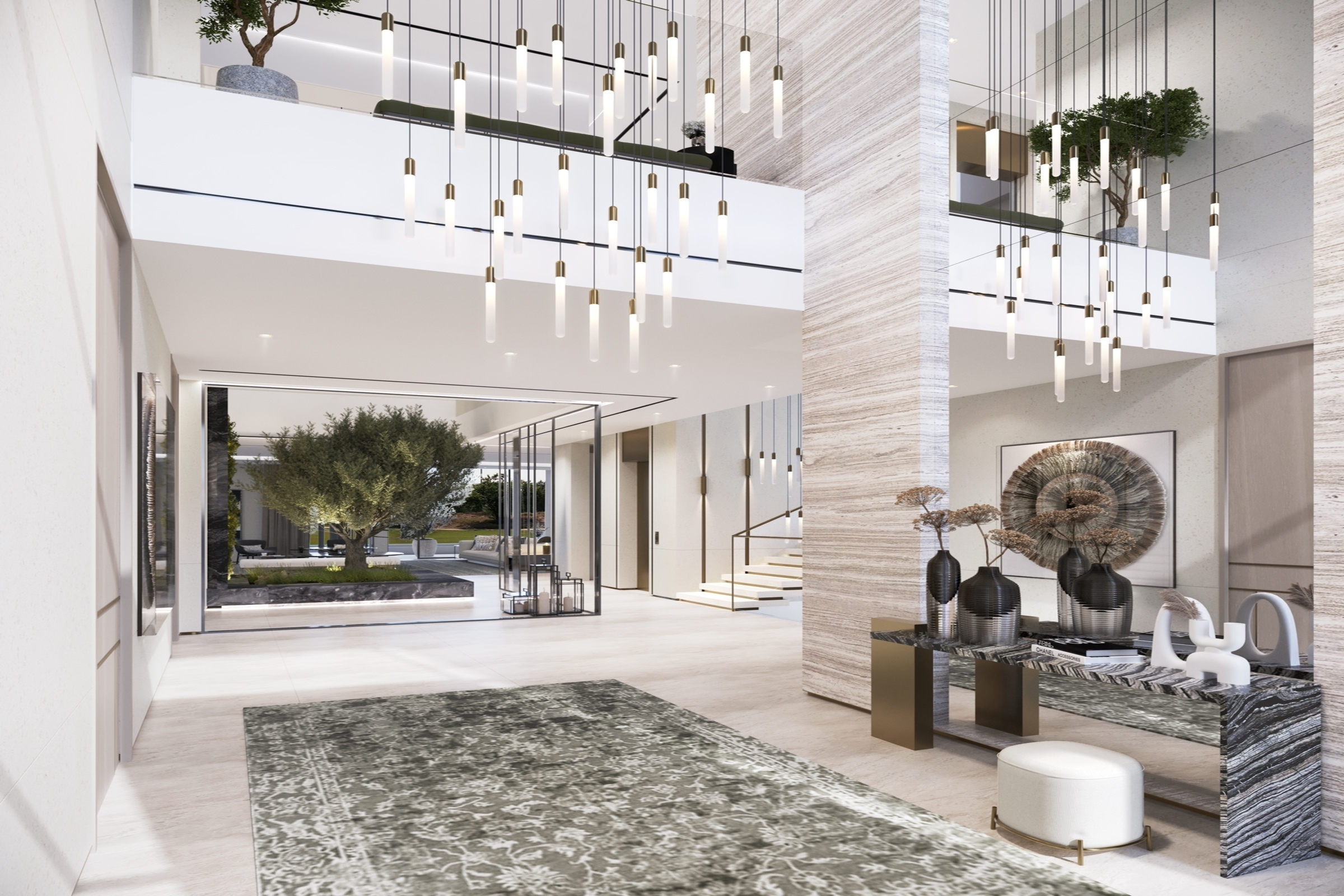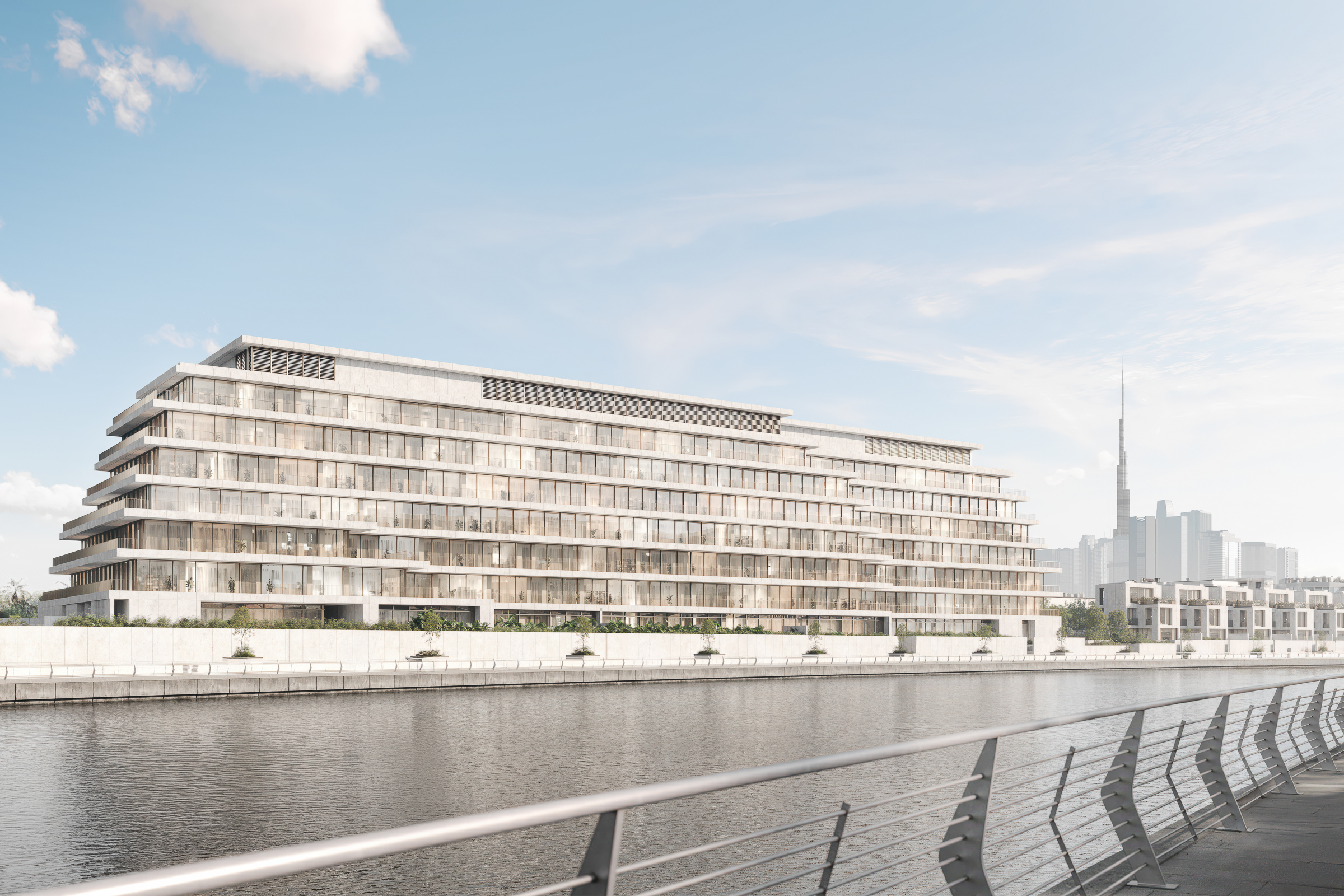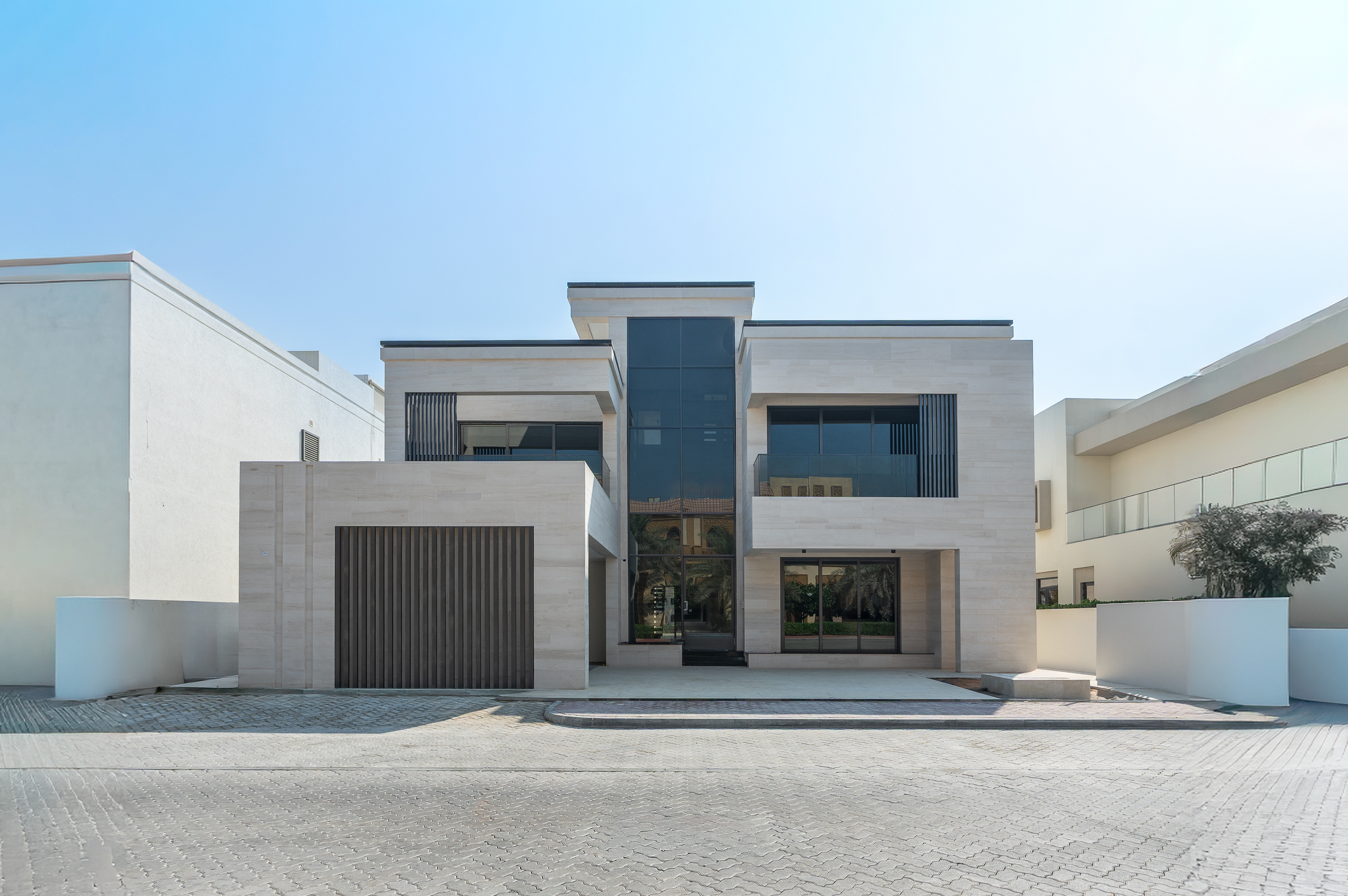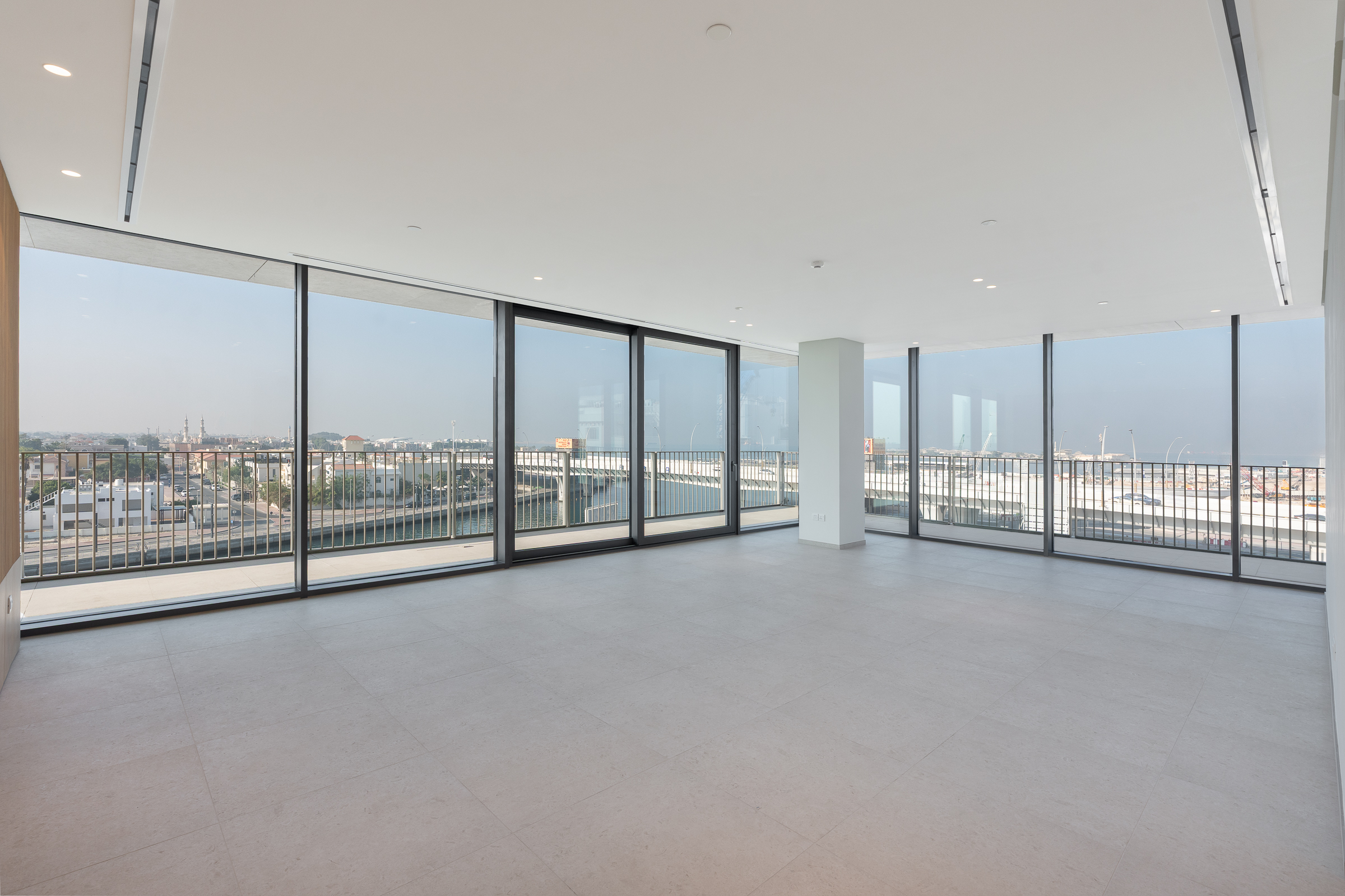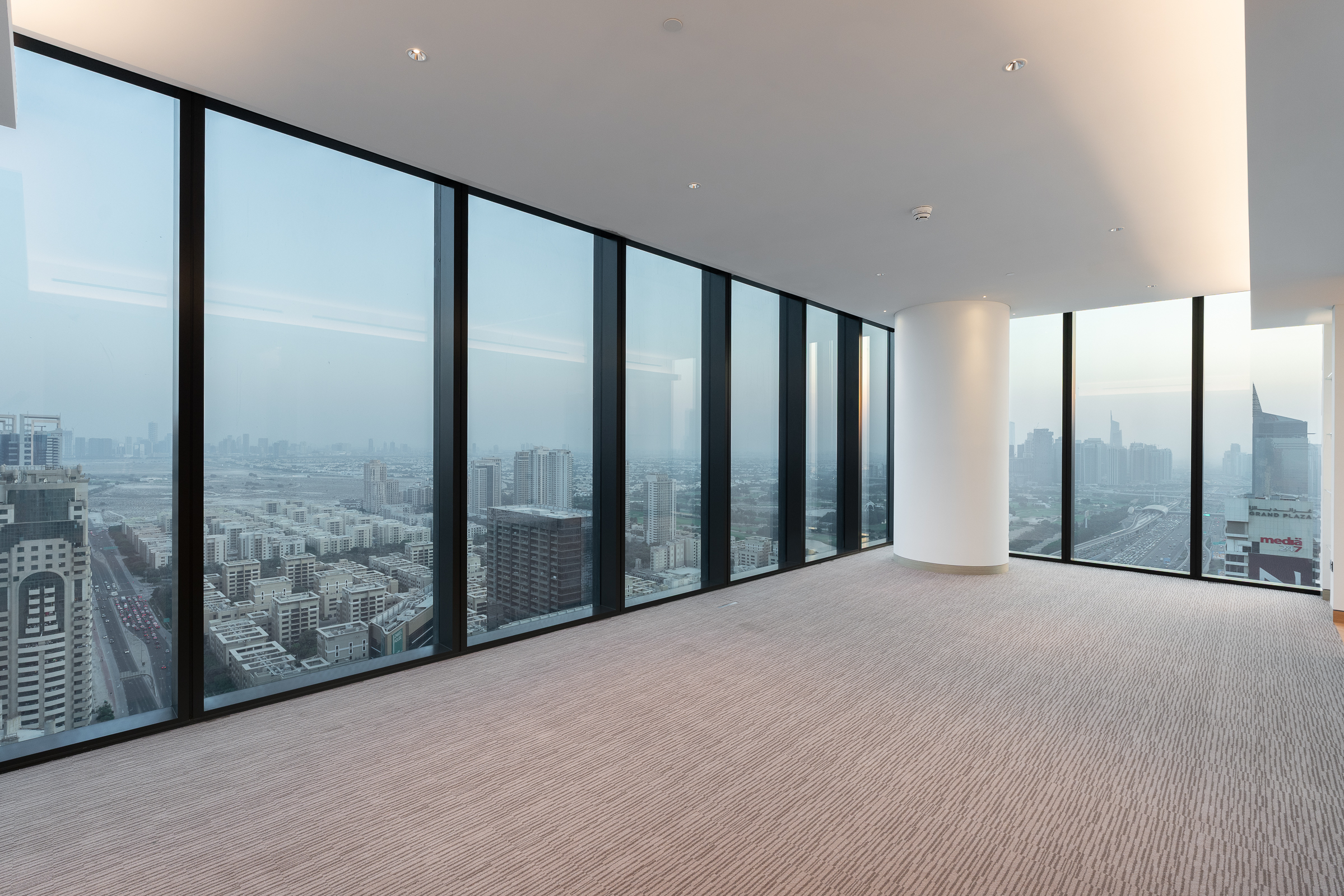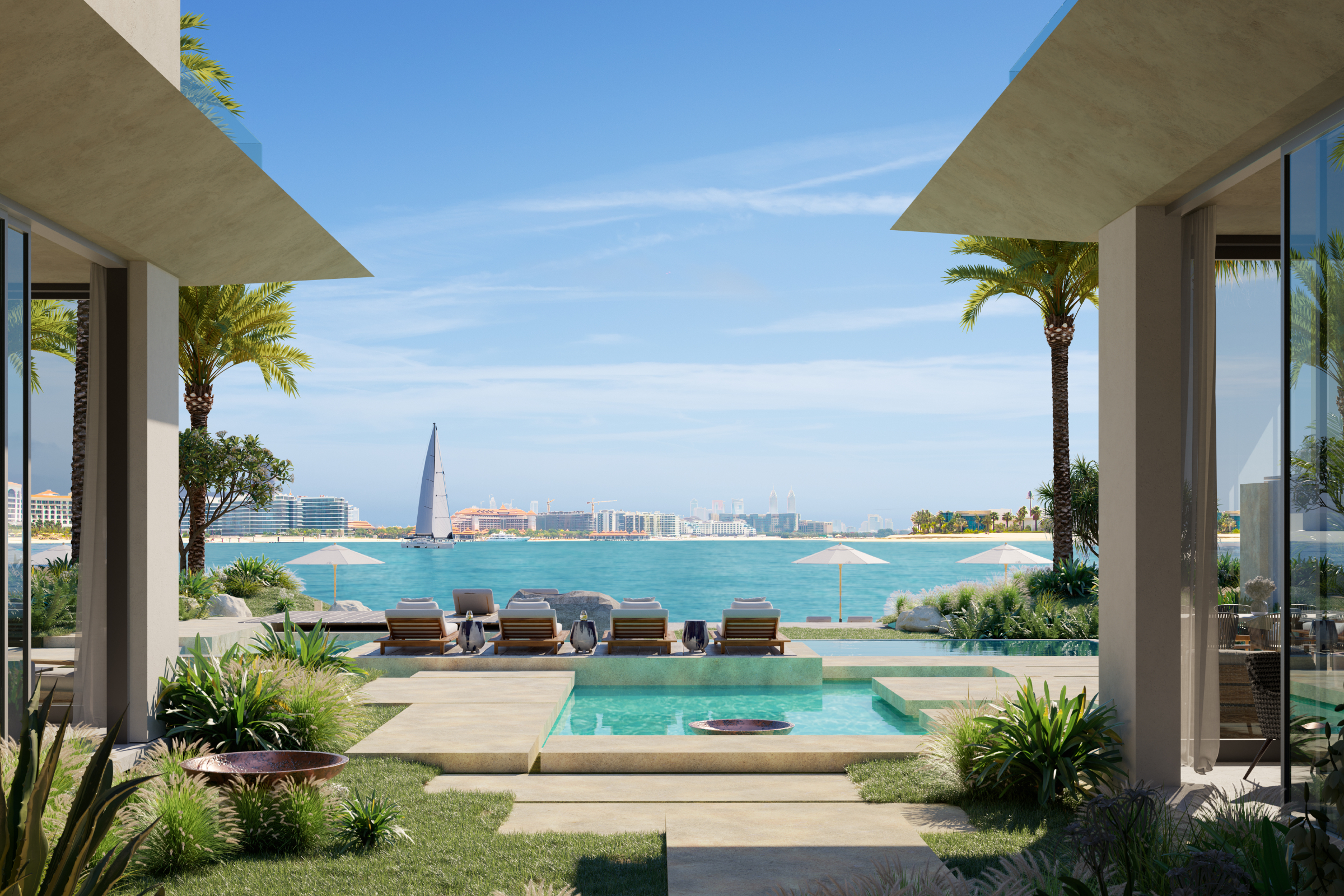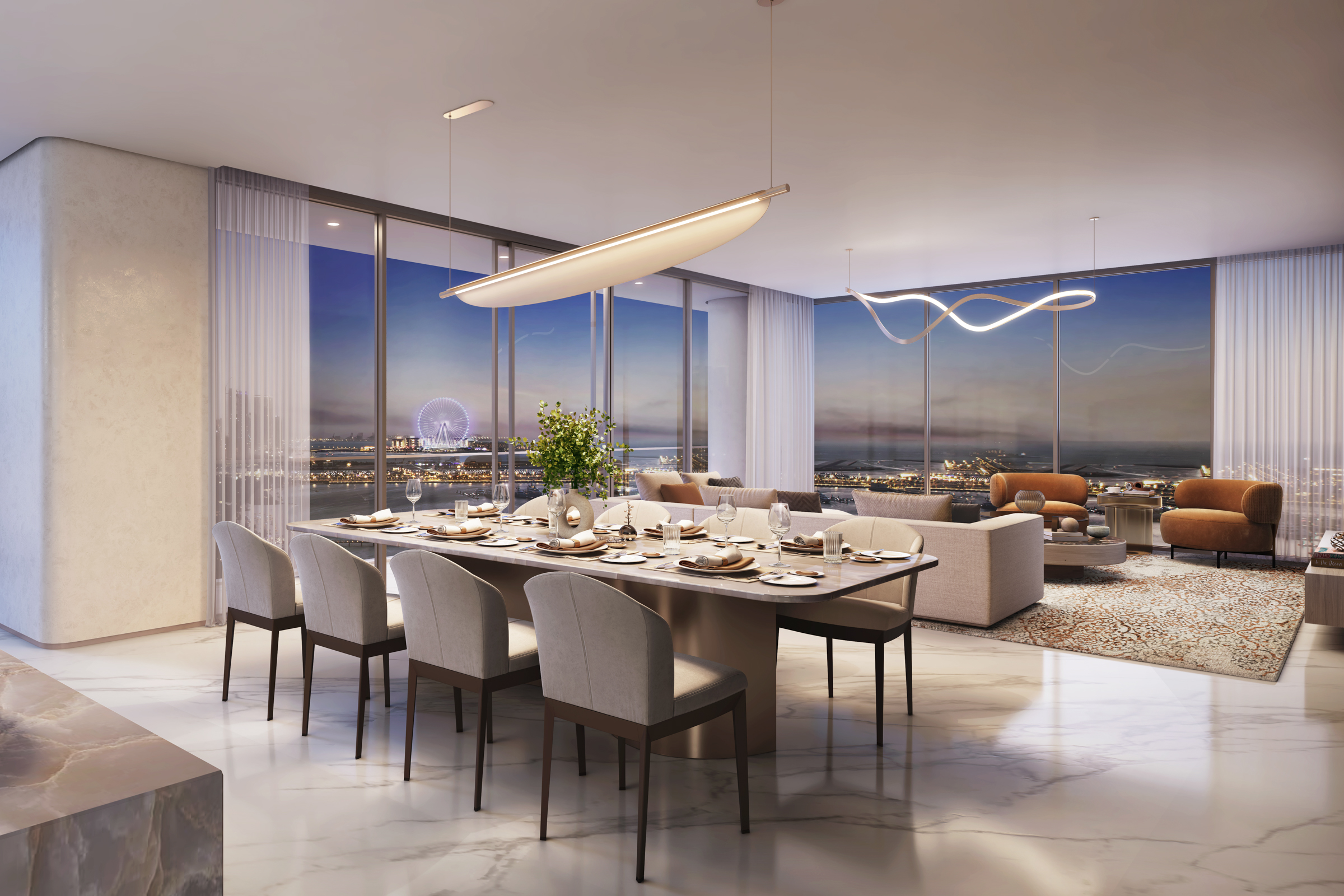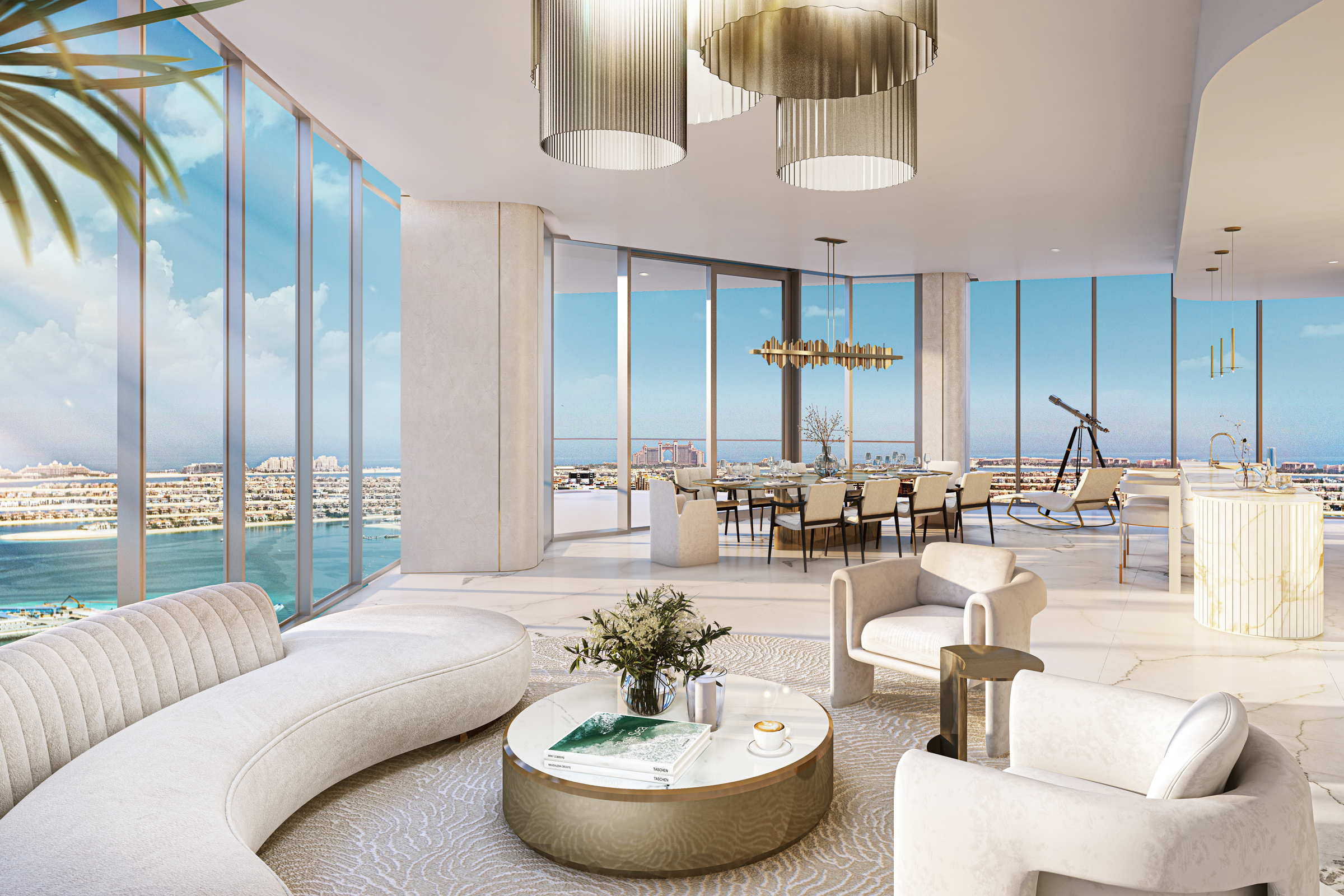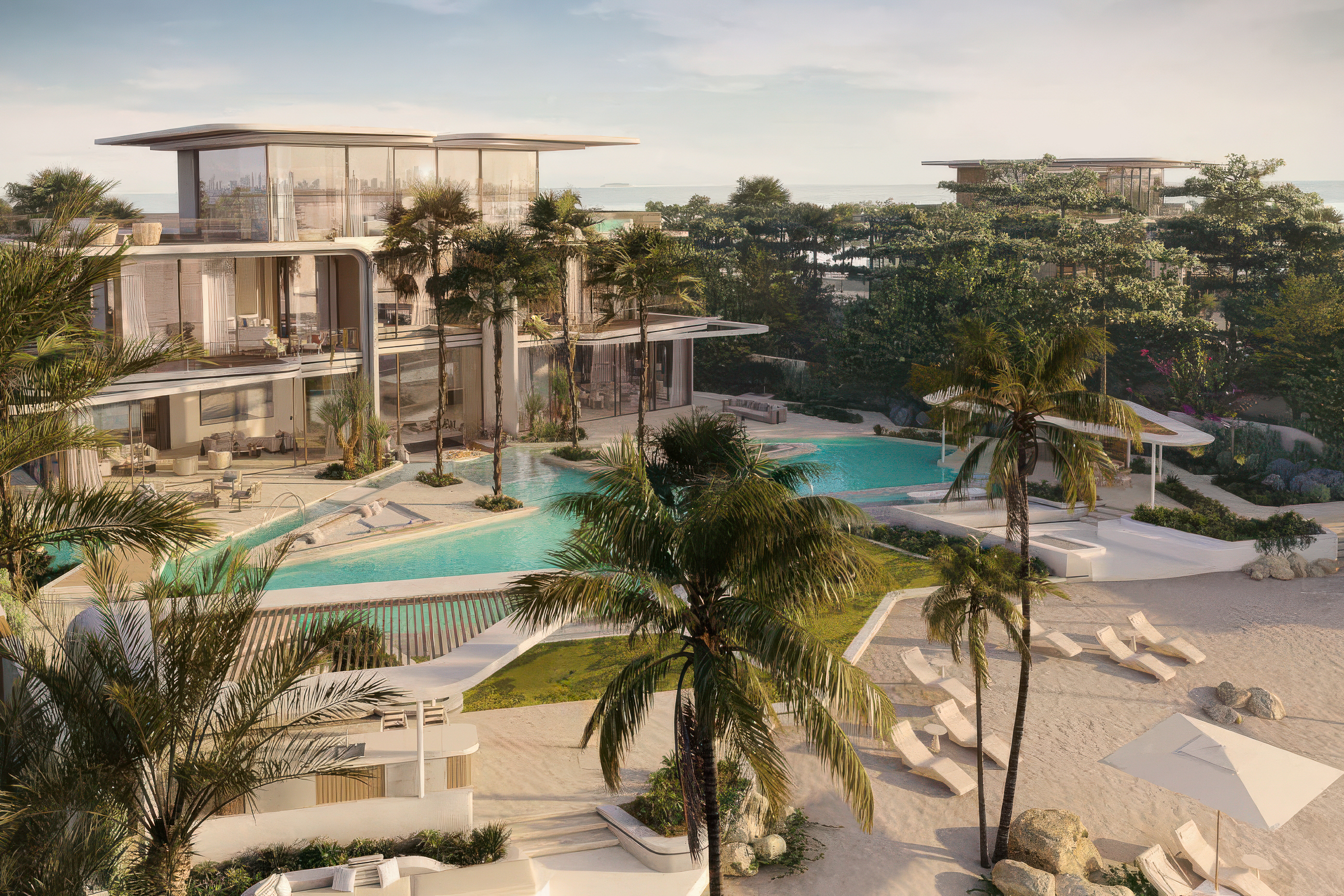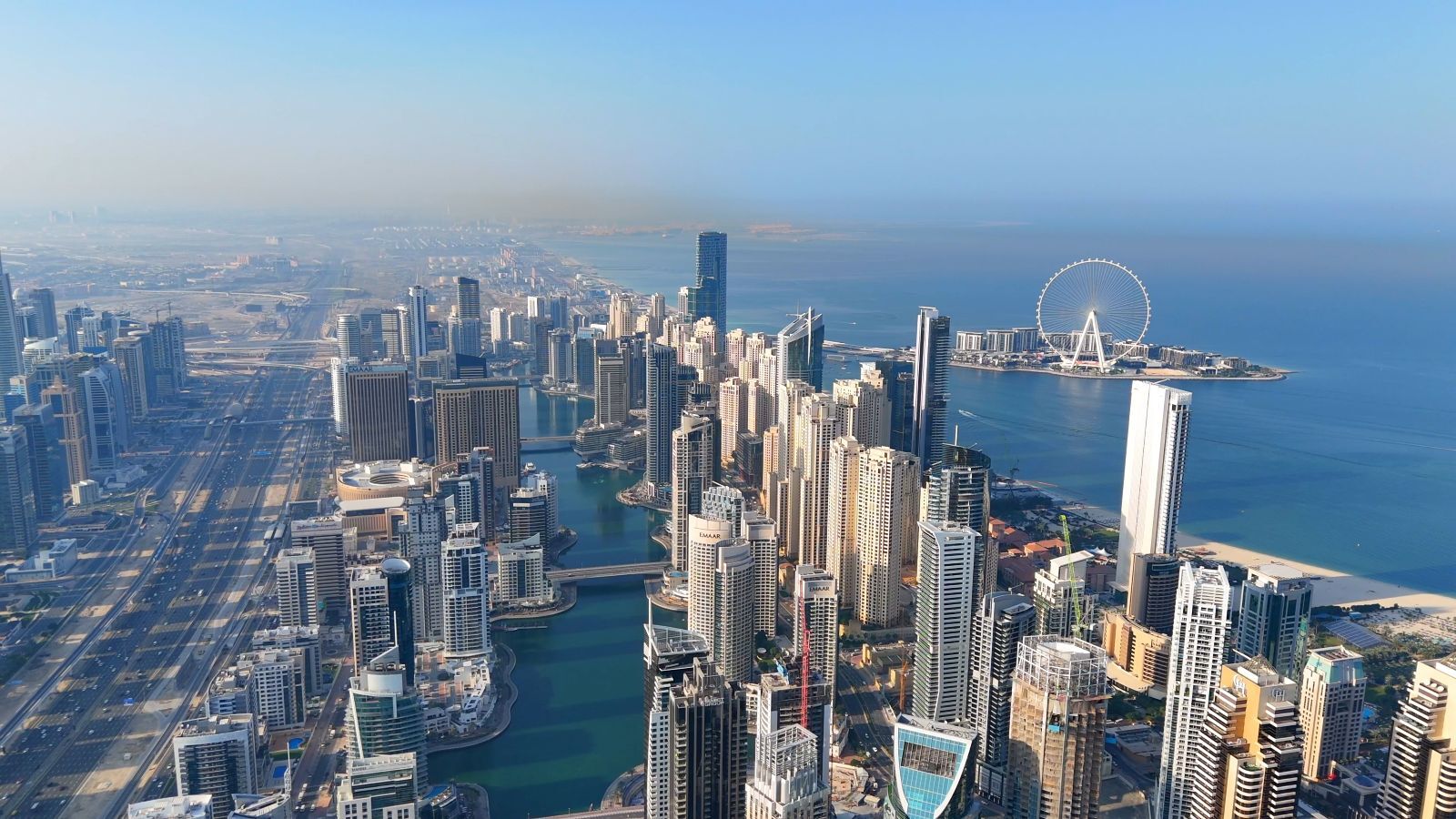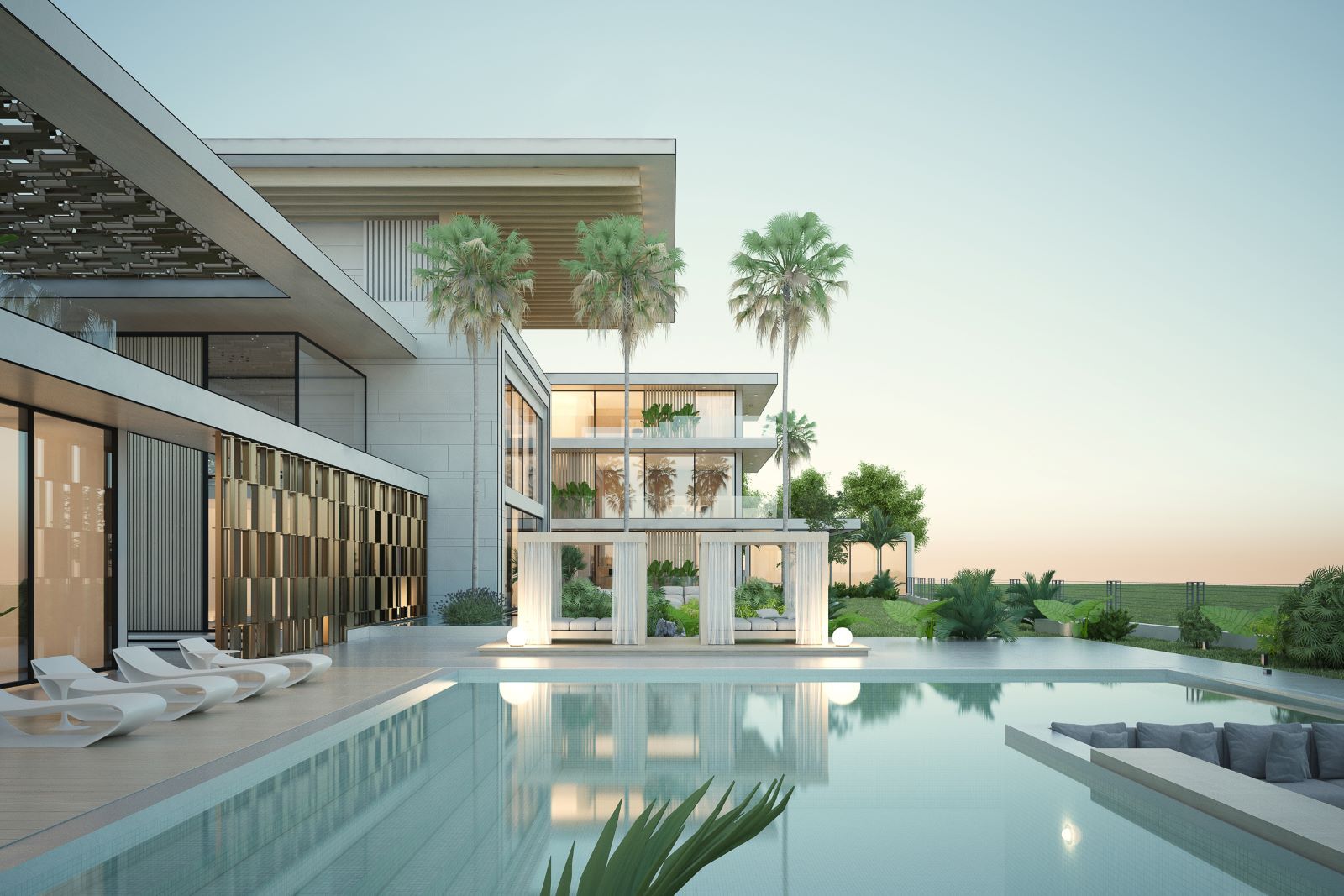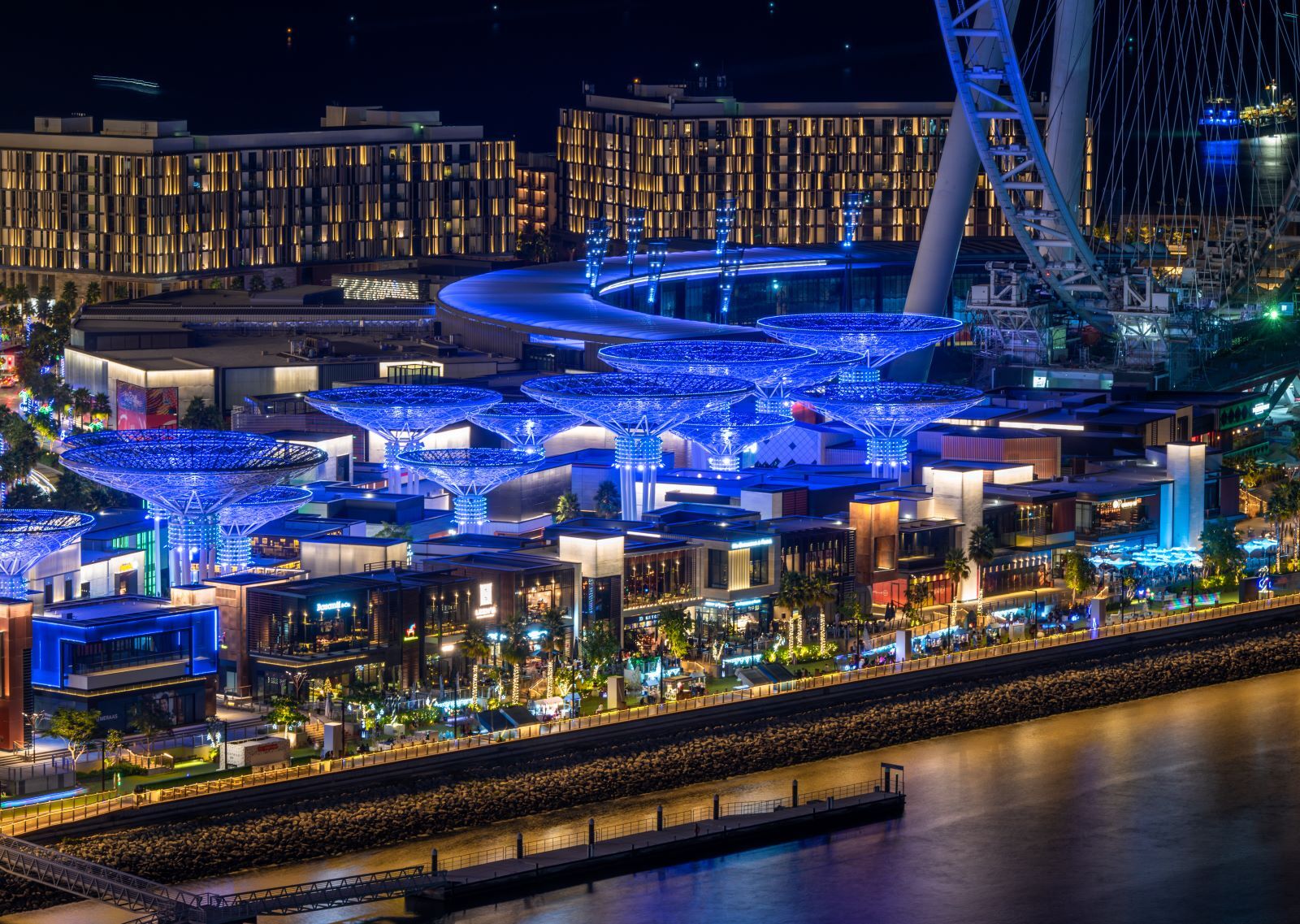Real Estate Laws & Regulations in Dubai – A Complete Guide
Published: 04 September 2025
The Dubai property market is one of the most active in the world, and part of its appeal lies in the clarity of its legal framework. At the centre of this system are two key authorities: the Dubai Land Department (DLD), which oversees all real estate transactions, and the Real Estate Regulatory Agency (RERA), which serves as its regulatory arm, setting the rules for landlords, tenants, brokers, and developers. This guide breaks down the key laws you’re most likely to encounter in the market, explained in straightforward, practical terms.

Who Can Own Property in Dubai?
For many years, Dubai’s property market was open only to UAE and GCC nationals. That changed in 2002, when the government established designated freehold areas for foreign buyers via the Dubai Freehold Decree (No. 3 of 2002). The shift was transformative: by 2007, mortgages in these new freehold districts accounted for nearly half of all property financing, marking the city’s first notable wave of international real estate investment.
Today, UAE nationals and GCC buyers can purchase land and homes anywhere in the emirate without restriction. For foreign nationals, ownership is limited to freehold areas, but that list includes some of the city’s most sought-after postcodes – think Palm Jumeirah, Downtown Dubai, Dubai Hills Estate, and Emirates Hills.
There are two main types of ownership in Dubai. Freehold ownership means you fully own the property and the land it sits on. You are registered as the owner on the title deed and can legally sell, lease or pass on the home without restrictions.
Leasehold means you own the property for a fixed period (often 99 years), but not the land. After the term expires, ownership reverts to the freeholder/landowner. Crucially, a leasehold is not the same as a long-term tenancy agreement – it is a real property right recognised under Dubai law. Once registered with the DLD, leasehold rights can be sold, sublet (with the landlord’s permission), or mortgaged, but only for the years remaining on the lease.
For many investors, the draw of leasehold ownership is twofold: it often comes with a lower entry price compared to freehold, and it provides access to some of Dubai’s most well-established, low-density neighbourhoods, such as Jumeirah and Umm Al Sheif.
A third and less common type of ownership is called usufruct, which is recognised under the UAE Civil Code (Federal Law No. 5 of 1985). The term comes from the Latin usus (use) and fructus (fruit) – and refers to the right to use and enjoy the ‘fruits’ (benefits) of a property without owning it.
This grants the right to use and benefit from a property for a fixed period (up to 99 years for residential and 50 years for commercial properties) without transferring ownership of the land itself. The usufruct holder cannot make structural changes to the property, but can live in it, rent it out, and sublet it within the terms of the agreement.
Similar to leasehold interests, usufruct rights must be registered with the DLD to be valid, and can be sold, mortgaged or inherited within the term. While this form of ownership is uncommon in everyday residential transactions, it’s sometimes used in long-term commercial arrangements, land development deals, or family asset planning.
Buying and Selling – The Fundamentals
Every property transaction in Dubai must be registered with the DLD. If you purchase a ready home, you’ll receive a title deed in your name upon transfer (always verify the title deed via the DLD portal). If you buy off-plan, the equivalent is an Oqood certificate, which will be replaced by the title deed once the property is handed over. Both documents represent official proof of ownership and are legally required for any resale, mortgage, or inheritance transfer.
Upfront transaction costs include a 4% DLD transfer fee (fixed by law), registration charges, agent commission (usually 2%), and a No Objection Certificate (NOC) from the developer on both secondary and off-plan sales.
If you’re taking out a mortgage, the Central Bank sets limits on how much you can borrow (the ‘loan-to-value’ ratio). For residents, it’s usually up to 80% on a first home under AED 5 million, meaning you need to put down at least 20% yourself. Non-residents get a lower limit, often closer to half the property value. Every mortgage must also be registered with the DLD, which charges a fee of 0.25% of the loan amount.
When it comes to off-plan purchases, Dubai has strict legal safeguards to protect buyers. Under Law No. 8 of 2007, all buyer payments must be deposited into a strictly monitored RERA-approved escrow account, rather than directly to the developer. This means developers can only access funds in line with delivery and construction milestones, not sales volumes.
Before a developer can start collecting payments, the sale has to be registered through the Oqood system, in accordance with Law No. 13 of 2008. This interim registry creates a paper trail of ownership and prevents the same unit being sold twice, protecting investors from fraud.
If a project is delayed or cancelled beyond what’s legally acceptable, buyers are usually entitled to refunds. These are paid out from whatever remains in the escrow account and are based on how much of the project was actually completed. In rare situations, such as a full project cancellation, there’s a dedicated legal tribunal (set up under Decree No. 33 of 2020) that steps in to handle disputes and ensure investors are fairly compensated.
Your Rights As A Tenant – Rent Hikes, Evictions, Subletting
Renting in Dubai comes with a clear set of rules designed to protect both tenants and landlords. If you’re a tenant, the most important step is registering your lease through Ejari – the official system that validates rental contracts. Without an Ejari certificate, you won’t be able to connect utilities or enforce your rights if a dispute arises.
Landlords cannot spontaneously raise rent prices – any increase has to follow the RERA Rent Index. The index compares your current rent against the average market rate for similar properties and only allows increases in bands. In 2025, this means:
- No increase if your rent is less than 10% below the average market rate.
- 5% increase if your rent is 11–20% below.
- 10% increase if your rent is 21–30% below.
- 15% increase if your rent is 31–40% below.
- 20% increase if your rent is over 40% below.
Rental prices can only be increased annually, and tenants must have at least 90 days notice. If you’ve been served a rent hike you think is incorrect or illegal, you can cross-check using the RERA calculator on the DLD site, or Dubai REST app. If the proposed increase doesn’t match the RERA framework, you can raise a dispute via the Rental Dispute Settlement Centre (RDSC), which acts as a fast-track tribunal for tenancy cases.
A landlord also cannot arbitrarily evict a tenant. If a landlord wishes to sell or reclaim the property for personal use, they must legally give at least 12 months written notice, served by a notary public or registered mail. Without this, the tenant has the right to remain within the property.
Subletting – What Happens If A Tenant Is Found Subletting?
Tenants cannot sublet without the landlord’s written approval, and if they are caught doing so without permission, it constitutes grounds for eviction and lease termination (Article 25 of Law No. 26 of 2007). The landlord has every right to take legal action against the tenant, which usually starts with a formal notice before escalating to the RDSC.
The original tenant may also lose their security deposit and could be held responsible for any damage or unpaid bills left behind. As for the subtenant, they are not protected by law and can’t claim the right to stay, even if they’ve paid the rent.
When it comes to maintenance, responsibilities are generally split: landlords take care of major repairs and structural issues, while tenants cover the smaller, day-to-day fixes (usually up to around AED 500-1,000, depending on what’s written in the lease). That might include things like replacing lightbulbs, unclogging a sink, or calling out a technician for a minor AC issue.
If you’ve moved out and think your landlord has unfairly deducted from your security deposit (e.g. charged for wear and tear, not actual damage), you can raise a claim via the RDSC. Dubai real estate law doesn’t specifically regulate deposits or what can be deducted, so these disputes usually come down to what’s stated in the lease contract and what’s considered reasonable.
Strata Law and Service Fees
Whether you’re buying a branded penthouse or a quiet apartment in a low-rise development, ownership extends beyond the four walls of a single home. Lobbies, landscaping, gyms, and pools are all considered jointly owned areas and are governed by Dubai’s Jointly Owned Property Law (Law No. 6 of 2019).
Homeowners contribute to maintaining shared spaces through annual service charges, calculated based on the size of the unit. In premium developments, these fees can be substantial – particularly when amenities include resort-style pools and 24/7 concierge teams. They are not arbitrary, however: the law requires that budgets are transparent, providers are RERA-approved, and any increases are formally documented.
Service charges are legally binding and must be paid whether the property is occupied or not. Unsettled fees can delay resale or lead to legal action. If your building issues a sharp increase, you can check whether the amount has been formally approved through Mollak – Dubai’s official system for regulating service fees. Increases are only legally enforceable if registered and approved via Mollak.
Shared Accommodation – What Landlords Need to Know
Earlier this year, new rules were introduced in Dubai to restrict unapproved forms of shared accommodation in villas. While this type of setup is more common in mid- to lower-income areas, the regulation is relevant for landlords with broad portfolios – particularly those managing staff housing or legacy assets across multiple locations.
The issue came into sharp focus in June 2025 following enforcement drives in areas like Al Rashidiya and Dubai Marina, where inspectors found villas and apartments subdivided into unsafe units. In such cases, Dubai Municipality has started issuing fines of up to AED 50,000, with additional penalties that may include utility disconnection or legal action. Even longstanding arrangements must now be formally approved.
These rules don’t fall under Dubai’s real estate legislation – they come under the planning and safety regulations of Dubai Municipality. Overcrowded or partitioned units can breach health and fire codes, and approval must be sought through official channels to avoid liability.
Inheritance and Family Matters
By default, property in Dubai is passed on under Sharia inheritance rules. Sons inherit twice the share of daughters, and in the absence of children, parents and siblings may also receive a portion. This system can be very different from Western wills, where one person might choose to leave everything to a spouse.
For non-Muslim expats, there are alternative ways to plan the succession of your estate. The most common way is to register a will with the DIFC Wills and Probate Registry, which allows you to decide how your assets are distributed. Another method is to opt for joint ownership, which ensures the property is automatically transferred to the surviving owner.
Expats now have a third pathway to secure the succession of their property. Following the introduction of the Federal Decree-Law No. 41 of 2022, non-Muslim expats can request the application of their home country’s civil inheritance laws in the UAE. This is particularly helpful for families with international ties or property in more than one country. However, unless it’s explicitly requested, Sharia rules will continue to apply by default, making early and proactive planning all the more essential.
Final Thoughts – Speak To An Expert
For those exploring opportunities in the prime and super prime segments, expert guidance is invaluable. At Dubai Sotheby’s International Realty, our specialists combine real estate legal acumen with market insight to ensure every purchase or sale is handled with care and precision. If you’re considering your next move in Dubai, we invite you to get in touch with our team for discreet, professional advice tailored to your goals.
The Rings, Jumeirah
- 7
- 6
- 11,302 SQ.FT.
The Jasmine Collection, Jumeirah Golf Estates
- 9
- 5
- 4,972 SQ.FT.
Eden House The Canal, Jumeirah
- 2
- 1
- 962 SQ.FT.
Garden Homes Frond N, Palm Jumeirah
- 6
- 5
- 8,500 SQ.FT.
Eden House The Canal, Jumeirah
- 5
- 4
- 3,632 SQ.FT.
The S Tower, Dubai Internet City
- 5
- 4
- 5,062 SQ.FT.
Six Senses Residences, Palm Jumeirah
- 7
- 5
- 26,514 SQ.FT.
Palm Beach Towers 2, Palm Jumeirah
- 4
- 3
- 2,743 SQ.FT.
Palm Beach Towers 2, Palm Jumeirah
- 3
- 2
- 1,546.31 SQ.FT.
Amali Island, The World Islands
- 7
- 6
- 15,531.57 SQ.FT.
